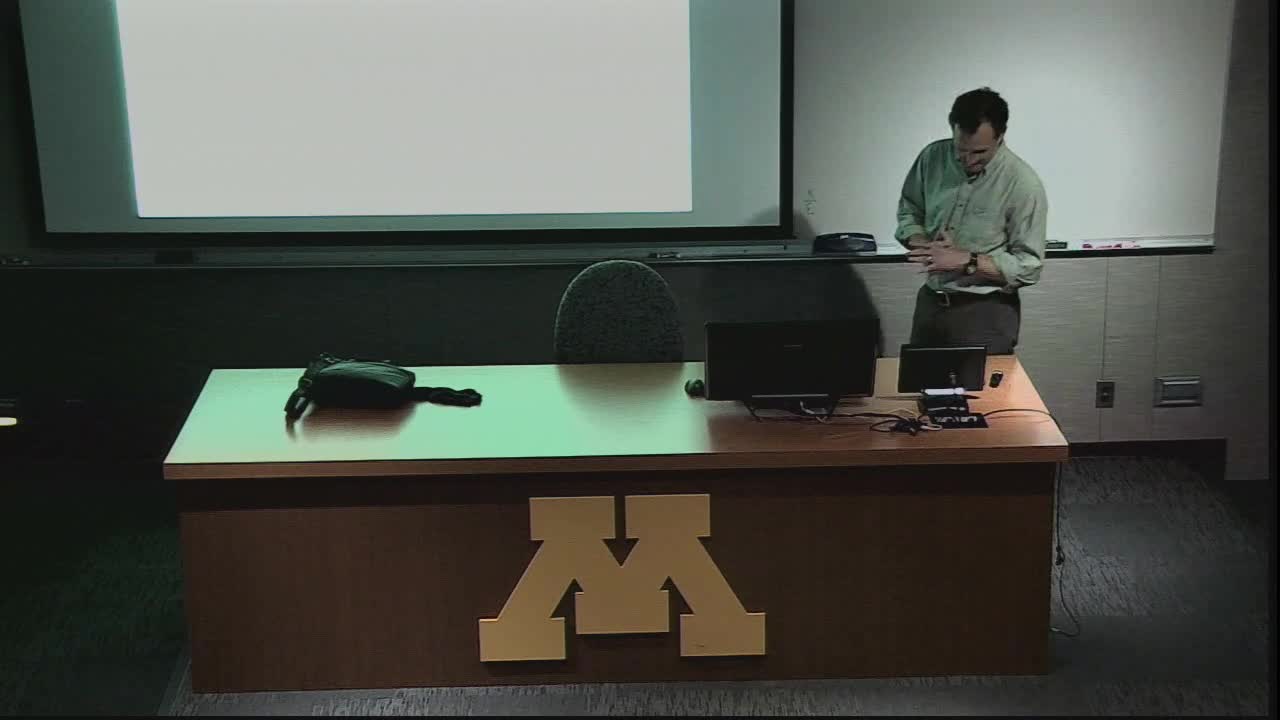What is a Queueing Policy?
Presenter
June 26, 2015
Keywords:
- Queueing theory
MSC:
- 60K25
Abstract
There are many different queueing policies, and they tend to be defined in
model-specific ways that differ in form from policy to policy. While each
form is suitable for the task at hand (e.g. steady-state derivation,
scaling-limit theorem, or proof of some other property), the specificity of
the policy definition can sometimes limit the scope of what are often quite general
arguments. Moreover, because policies are defined variously, it's difficult
to approach classification questions for which the answer presumably spans many
policies.
For example, consider the question "What conditions on a policy guarantee the
existence of a fluid limit?", or more generally "What class of policies have
property X?". For such questions to be precise, it must be understood what is
meant by "policy". If this is defined too narrowly, then in a sense a class
has already been specified and one can only check property X for that class.
In this talk I'll propose a definition of a general queueing policy and
discuss exactly what I mean by "general". The setup makes it possible to
frame questions about queues in terms of an arbitrary policy and, potentially,
to classify policies according to the answer. In this vein, I'll describe a few
results and some ongoing work on the question of fluid limits.
